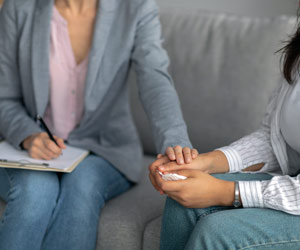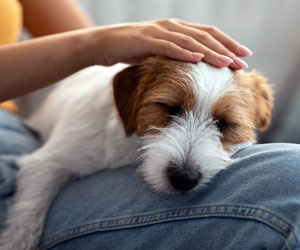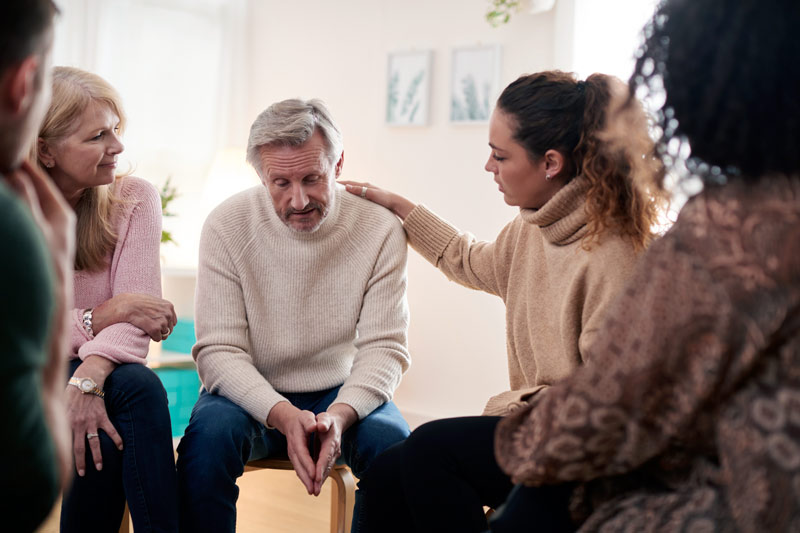When grieving the loss of a friend or family member who has been under hospice care, it helps knowing that their last days were made as comfortable and as pain-free as possible. Opting for hospice care means that the patient and family probably had some time to make end-of-life preparations. Nevertheless, when the moment arrives, we may find it challenging to fully cope with our own sorrow and the grief experienced by those around us.
People Grieve Differently
 Some people need to express their emotions immediately, and without restraint, and they should. Other’s may be more comfortable not dealing with the reality in the moment. They may prefer quite solitude until they can work their emotions out. Do not judge other’s by their emotional reactions and do allow yourself to grieve at your own pace, in your own way. Ultimately, however, there is no better therapy for dealing with the passing of a loved one then sharing and communicating your feelings with the other people who share the loss with you.
Some people need to express their emotions immediately, and without restraint, and they should. Other’s may be more comfortable not dealing with the reality in the moment. They may prefer quite solitude until they can work their emotions out. Do not judge other’s by their emotional reactions and do allow yourself to grieve at your own pace, in your own way. Ultimately, however, there is no better therapy for dealing with the passing of a loved one then sharing and communicating your feelings with the other people who share the loss with you.
Too often, someone who loses someone who is a core component of their life, like a mate, child, or sibling, may receive the love and support of friends and family during the hospice, wake, and funeral services but find themselves too alone with their feelings once every one else returns to their everyday life routines. It is important to stay in touch with those who’s world will remain impacted. Make future plans with them during the initial mourning period, and follow up as often as possible.
Rebuilding
When the time is right, encourage the person left behind to add new pieces to their life. We can’t replace or forget the loved ones we lose, but we can fill time in our lives and eventually fill the empty spaces with people and experiences that make us happy.
Bereavement Therapy and Group Counseling
Friends and family may not be enough. There are professionals trained to deal with bereavement (social workers, chaplains, and therapists) and sometimes there may be group therapy available that focuses on circumstances that may be very specific to your situation.
Religious Community
- It can be comforting to remember that a core foundation of most of the world’s religions is that death is just part of the cycle of life and our true spiritual self is eternal.
- Charitable work can be rewarding and fulfilling in itself. Staying in service to others who need help is a great way to avoid being preoccupied with our own grief or misfortune.
 Other Activities:
Other Activities:
- Physical exercise enhances both physical and mental health. Consider a gym membership or weekly sport activity with a friend.
- Spend time with an animal! Research suggests that a pet can boost morale and reduce anxiety.
- Dating services are an obvious option for someone who has lost a mate, however, the healthiest approach is for an individual to regain some of their independence and emotional strength before becoming emotional dependent on another person again. Dating success is a trial and error experience best managed from a position of emotional stability rather than vulnerability.
- Hobbies: Over the course of a life there are likely many interests that we acquired and may have set aside. Revive them. Better yet, try something new and share it as a group experience. Sites like Meetup.org will help you find and facilitate group experiences in your local community.
- Writing can be therapeutic and there are an abundance of social media and other online activities that may be helpful outlets for expression. But don’t let it be a substitute for in-person interaction. The healthiest experiences for anyone dealing with a relatively new loss in their life is face-to-face interactions.
- Volunteer: Keep busy and stay connected to people.
- Participate in a “Celebration of Life” to honor your loved one.
Our staff of care givers can provide further help and guidance specific to the needs of the friends and family of patients who have been in our care.

